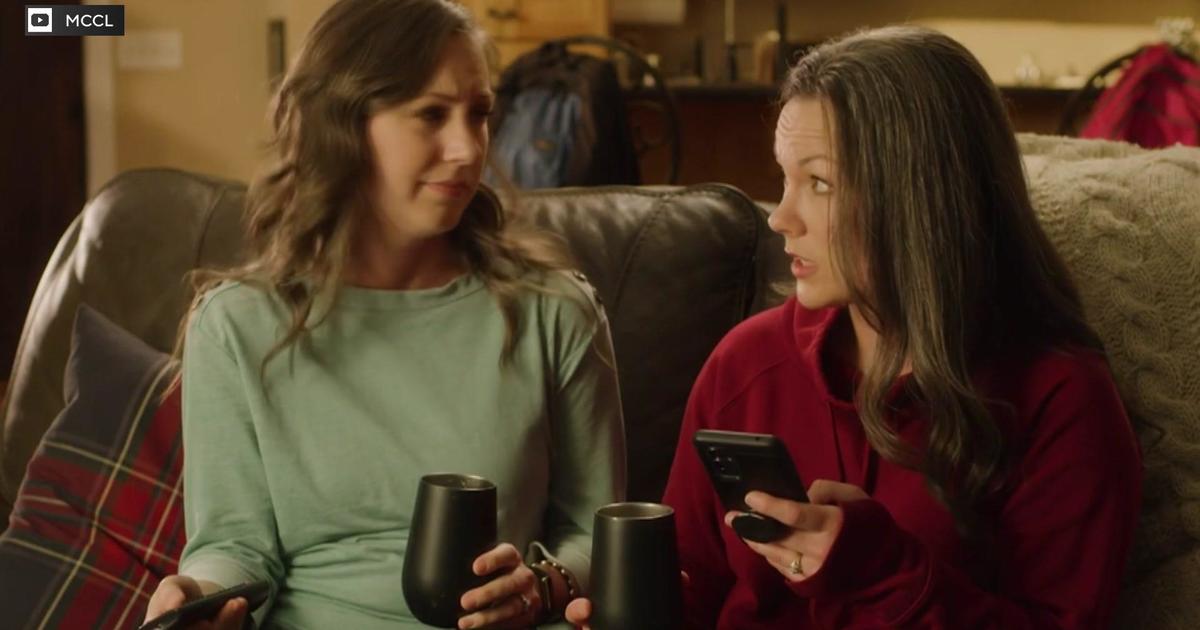Movie Blog: 'The House I Live In' Review
"The war on drugs is a holocaust in slow motion."
Those arresting words – that almost beg for controversy -- are spoken toward the end of The House I Live In, a timely and provocative documentary on the country's war on drugs.
The man who says those words is the creator of HBO's The Wire, David Simon. He's just one of the many talking heads whose insights and opinions make "The House" a movie of considerable force, especially following a year in which two states legalized the recreational use of marijuana.
The movie starts with its maker, Eugene Jarecki, the son of a man who fled the Nazis. Growing up in America, under the guidance of such a father, the future filmmaker was instilled with sympathy for those suffering injustice, be it due to their race or social status.
He also had an influential nanny, and it was this woman who got him interested in the country's struggle with drugs. Her stories and sorrows form an emotional springboard that takes the movie out of Jarecki's life and broadens it to show America's history with drugs and its attitudes on drug crime.
The amount of people Jarecki juggles on screen is a bit staggering. He talks to men who've just been sentenced to decades in prison on non-violent drug charges. He talks to cops who've been drug warriors for years and have grown weary seeing the battle demoralize their communities. He talks to judges who think they're stamping out unjust sentences. He talks to reporters, like Simon, and historians, seeking to find an answer as to how the drug war locked so many people away, most of them minorities, especially blacks.
It doesn't take too long for The House to boil blood. The viewer thinks: How did America become the most prisoning nation?|
The movie answers: politics.
Saying that one is hard on crime, especially drug crime, is perhaps a politician's easiest talking point. And everyone does it, the movie shows. Reagan did it. Nixon did it. Clinton did. Biden did it.
And…this is where things get really interesting…the movie leads the viewer to question whether or not those in power use drug crime as an excuse to lock up the unwanted poor. First, more or less, it was the inner-city blacks, who found themselves without work after America shed her manufacturing jobs. The down-and-out turned to drugs. And crack – smokable cocaine -- hit the scene. The mutant drug was painted as something that makes you mother-killing crazy, and those caught with even trace amounts of it were given extremely harsh sentences. Meanwhile, America's other drugs users – many of them white people using regular cocaine – received slaps on the wrist in comparison.
And since the rise of crack, there's been another monster drug. I'm sure you know what it is, but this one isn't locking away a minority population. It's putting away white people, poor white people. In this way, the drug war is shown to affect people not just by race, but social status.
To be clear, the movie doesn't argue that meth or cocaine are good for their users or abusers. If anything, the point of the film is compassion: the idea that America locks up so many people for non-violent crime that it might appear she's given up on -- or viciously persecuting -- those struggling to find a foothold in the land of opportunity.
"The House I Live In" -- and a slice-of-life film called "Tchoupitoulas" -- are kicking off St. Anthony Main's "Frozen Docs" series. Both are the kinds of documentaries that engender fresh thoughts and feelings – an excellent antidote to the Tauntaun-belly-splitting cold that's slated to befall Minnesota this weekend. For tickets, click here.



